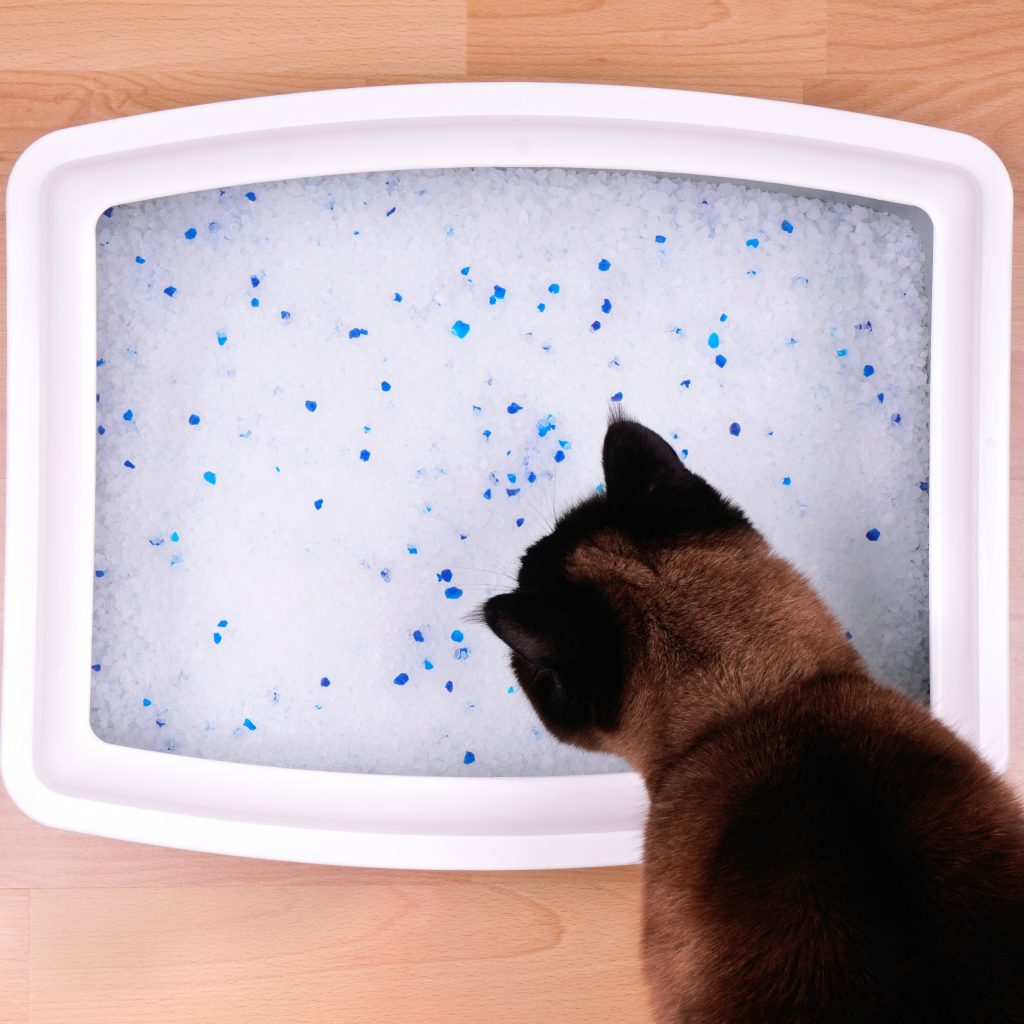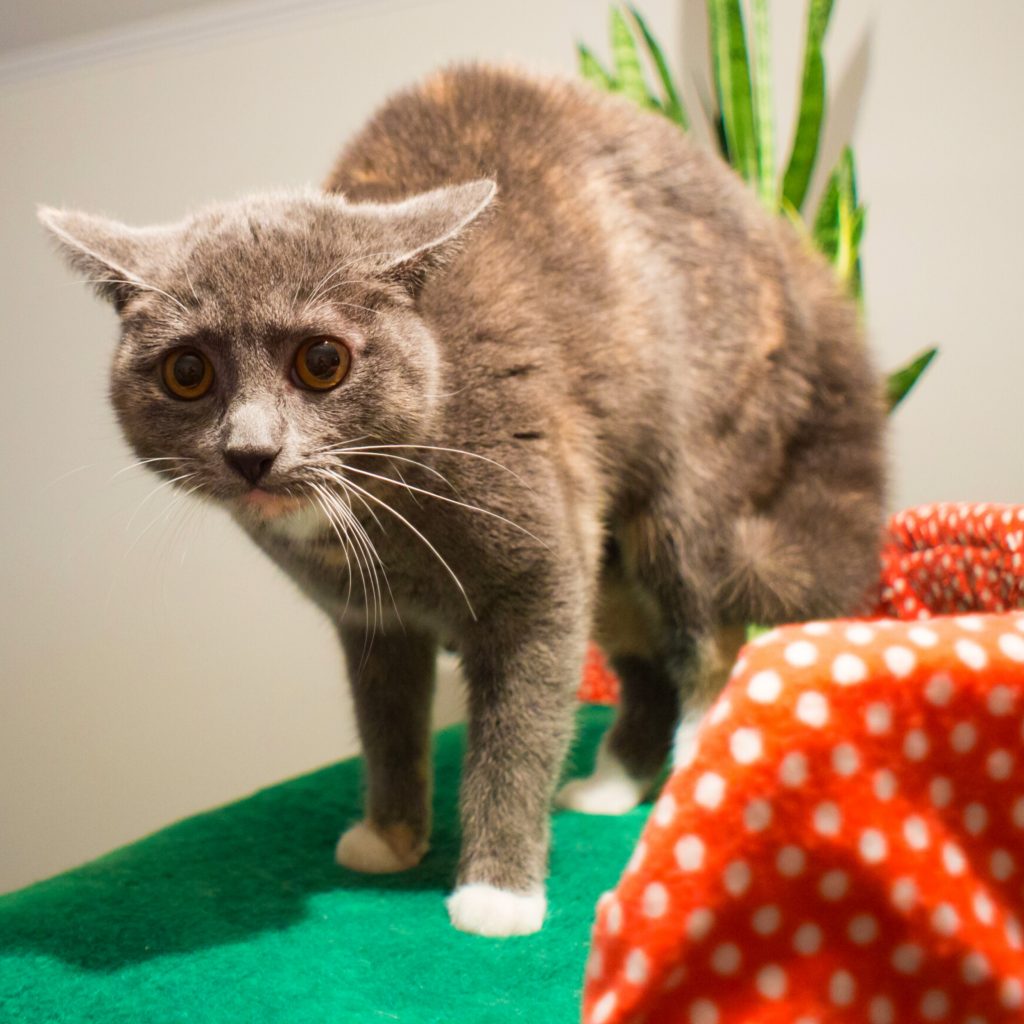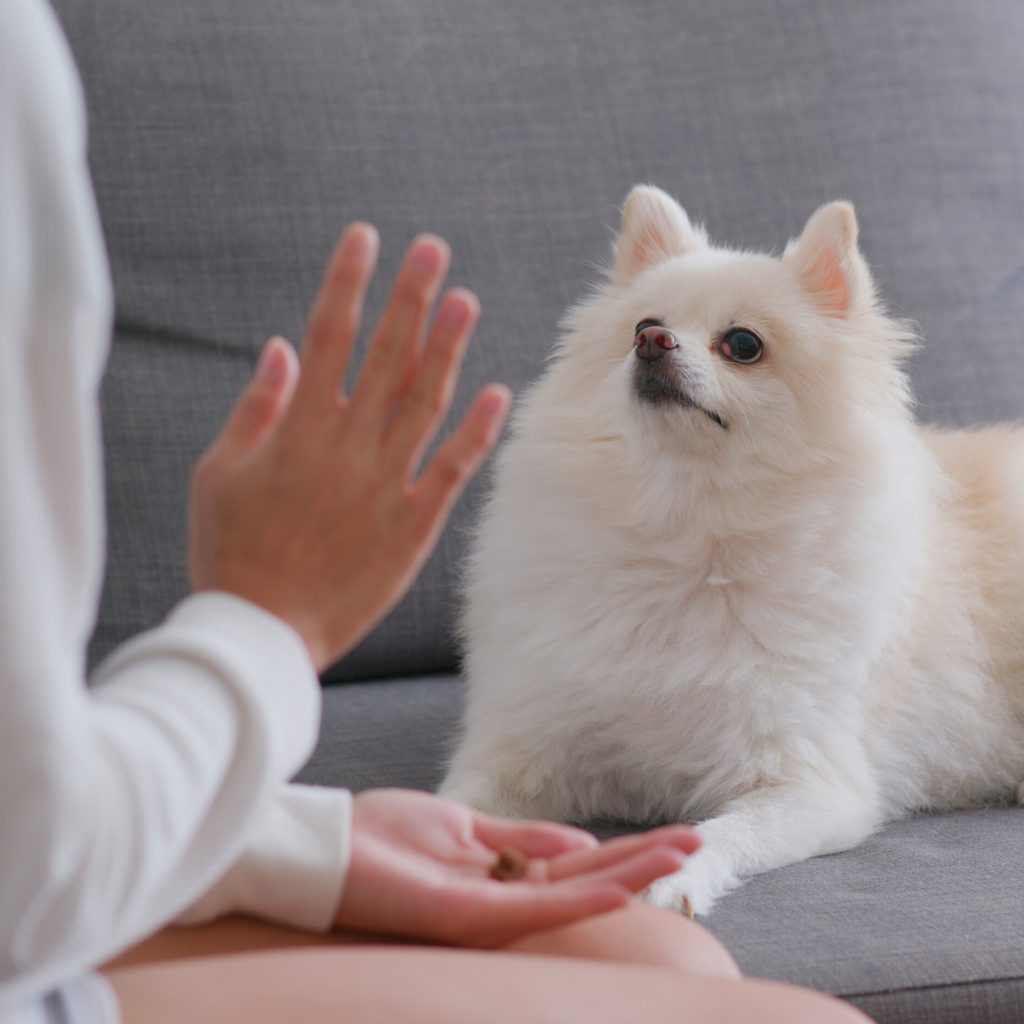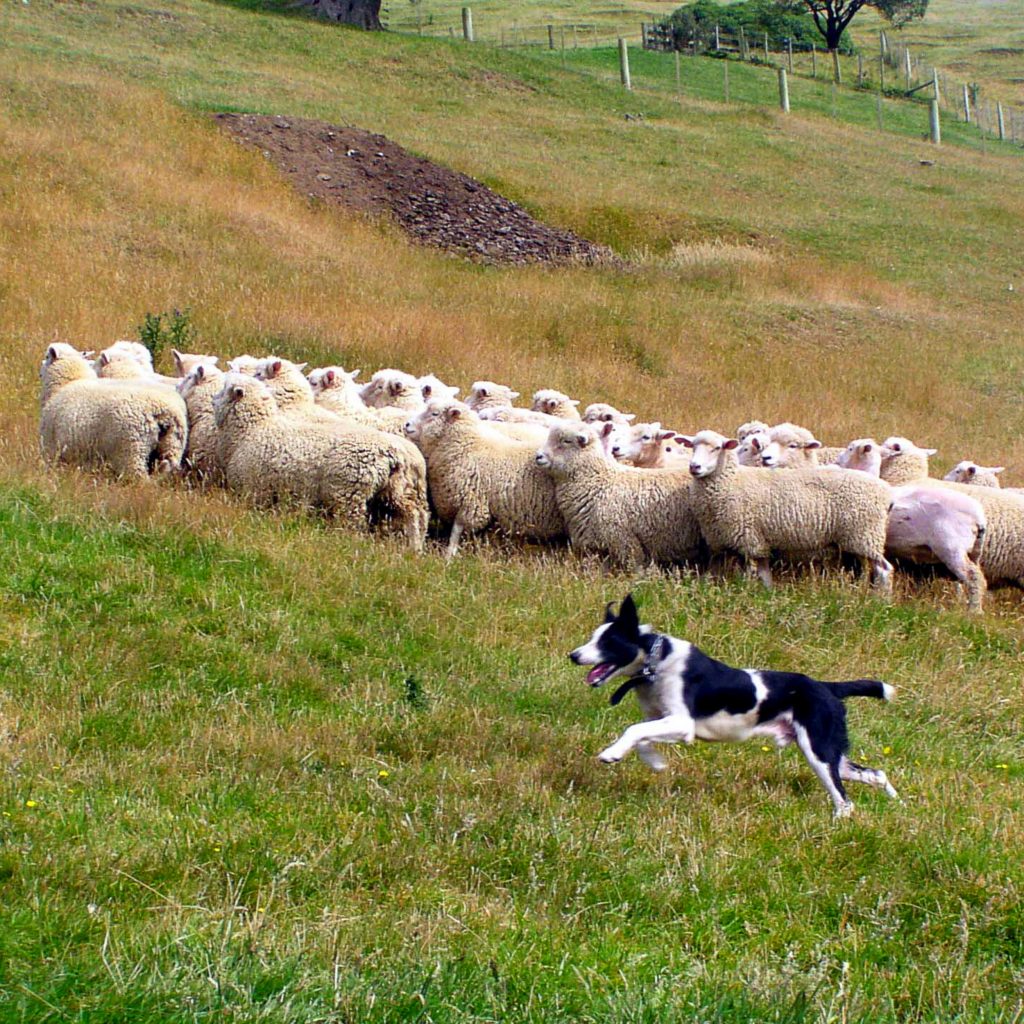Helping you and your pets to have a great life together
Behaviour
Animal Behaviour
One of the most important aspects of pet ownership is a happy and harmonious relationship between you, and behavioural issues can damage the relationship we have with our pets. Dealing with them compassionately and humanely, and using the best education techniques and treatments available, help to address these issues so that pets and their owners can enjoy a happy life together. We are specially trained in animal behaviour and have been helping owners and a wide variety of animals including dogs, cats, alpacas, horses, cattle and birds, with behavioural problems for more than 30 years.

Dr Lisa Henshaw leads our behaviour team. She has attained membership of the ANZCVS in Veterinary Behaviour and provides veterinary behaviour consultations here at the hospital. Lisa is also a member of the Australian Veterinary Behaviour Interest Group.
Lisa has a particular interest in the training side of animal behaviour. She currently instructs agility and writes training articles for the local Wollondilly All Breeds Kennel Club and sometimes talks about animal behaviour on the local radio station C91.3.
Lisa is available for individual consultations with pet owners to assist with any behaviour challenges, contact our team now on 7251 7000 to book your appointment.
Behaviour Problems
Does your pet suffer from any of these?

Destructive Behaviour

Toileting Problems

Vocalisation Problems

Fearfulness
We can help with these and a range of other behavioural issues.
We start by assessing whether the problems are due to training, medical, physical, neurological or genetic causes and the role that any of these play in the problem. A thorough physical examination, detailed clinical history, and diagnostic testing are often required.

Training

Medical

Physical

Genetic
We develop individualised solutions and management programs for pets with anxiety disorders; which may be expressed as aggression towards people or other animals, fears, phobias, , compulsive behaviours , destructiveness, toileting problems or ingestive (eating) disorders and other problems. We also help older dogs with cognitive dysfunction and problems associated with senility.
Dangerous Dogs
Dogs declared dangerous under the Companion Animals Act NSW.
Aggressive Dogs and Cats
There are many manifestations of aggression in animals, most stemming from an underlying anxiety disorder. They may manifest as territorial aggression, intraspecies aggression (aggression to another dog), maternal aggression, fear aggression, play aggression, predatory aggression, aggression towards familiar or unfamiliar people, aggression on the lead, interspecies aggression (aggression to another species), petting induced aggression, possessive aggression, redirected aggression etc.
Phobias
Noise phobias may include thunderstorm phobias, wind, fireworks, banging, shouting, children playing, fireworks, motorbikes and other vehicle noise, nail guns and other building sounds etc.
Compulsive Behaviours
Dogs chasing their tails, flank sucking, licking themselves, people or objects, cats over-grooming, self-injurious behaviours, chewing nails, birds feather plucking, picking, preening, spinning, star gazing, staring, stereotypic, wool sucking, pacing, shadow or light chasing.
Destructive Behaviours
Digging, chewing, pulling clothes off the line, shredding, scratching, clawing.
Toileting Problems
Toilet-training, litter box problems, defecating or urinating in inappropriate places or indoors, marking, spraying, urinating when greeting people.
Ingestive Problems
Poor appetite, eating clothes, bedding, stones, pebbles, plants, toys etc.
Ageing Problems
Doggy Alzheimer’s, senility, loss of learning, Canine Cognitive Dysfunction (CCD) Feline Cognitive Dysfunction. confusion, sleep disorders.
Vocalisation Problems
Barking yowling, cater calling, meowing, screaming, screeching, whining, whingeing, crying, growling, snarling, excessive vocalisation.




